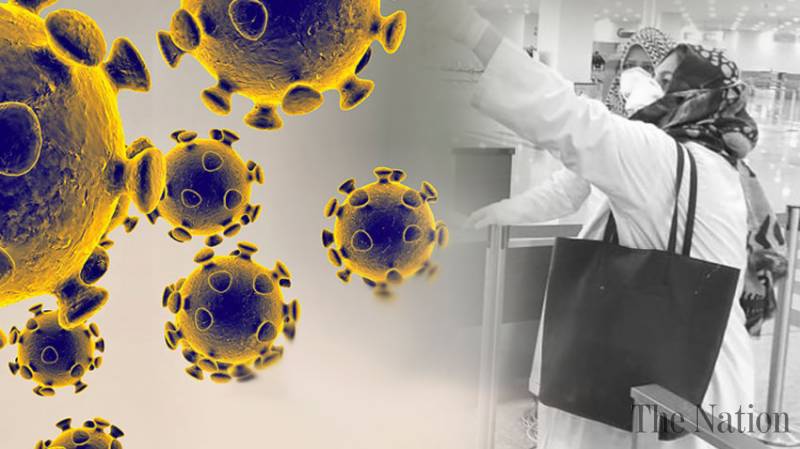Even if all mortality figures that are currently circulating should be viewed with caution: An initial evaluation by the Chinese health authorities suggests that the risk of dying from the coronavirus differs significantly – depending on age, gender and previous illnesses. For the analysis, data from 44,000 detected corona infected people from China were evaluated.
The conclusion: The risk for young people is therefore rather low. From the age of 50, the risk of dying from the infection increases significantly – in China to around 0.8 percent. People from 80 to 14.8 percent of those infected in the Chinese evaluation are most at risk of death.
These numbers cannot simply be transferred to Germany. Nevertheless, they give a first picture of how the risk is distributed.
Risk groups for Covid-19
The risk group includes the following people:
- Older people (over 50 years)
As well as regardless of age
- Smokers
- Previous heart disease (e.g. coronary heart disease)
- Previous lung disease (e.g. asthma, chronic bronchitis)
- Chronic liver disease
- Diabetes mellifluous (due to commodities)
- Cancer
- Suppressed or weak immune system (people taking immune suppressive drugs such as cortisone, HIV patients without therapy)
Are allergy sufferers particularly at risk?
People with allergies like hay fever have no increased risk of contracting the virus, according to pulmonologists from the Association of Pneumological Clinics. It is important to get the right therapy in order to remain symptom-free. In the event of complaints, those affected should consult the doctor treating them by telephone.
Be careful if the allergy also affects the lungs. Some scientists therefore differentiate between allergic asthma, in which a more serious course of the disease could be more likely. So far there is no really secured data.
How vulnerable are pregnant women and children?
Pregnant women are not particularly at risks, according to previous knowledge. In principle, a newborn could be infected through close contact or a droplet infection, but so far no SARS-CoV-2 has been detected in breast milk.
Likewise, children do not show an increased risk of a severe course of the disease – however, they can also become infected, remain symptom-free and spread the disease.


